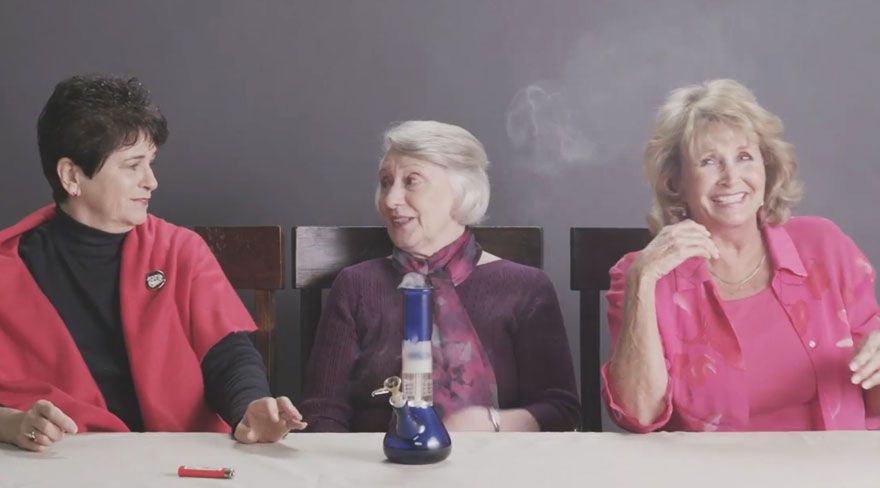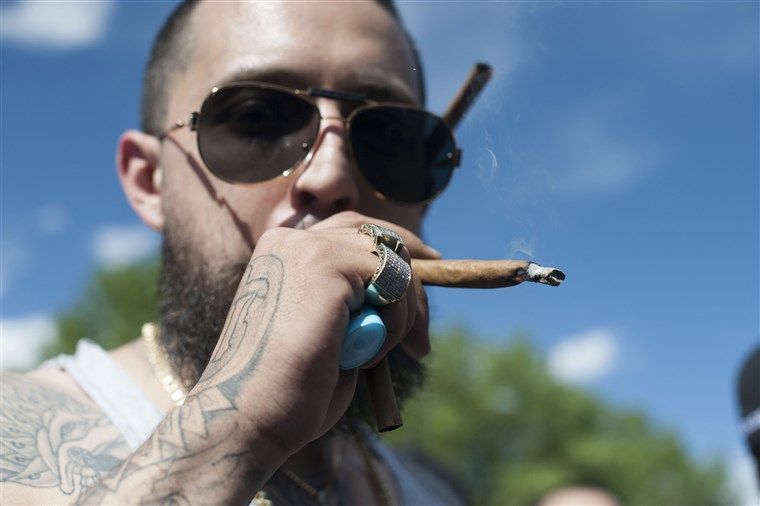Baron23
Well-Known Member
This is breathtaking in its idiocy and will only benefit lawyers as this completely subjective standard will go around and around in the courts.
Bill introduced to allow Colorado cops to use own judgement in cannabis DUI arrests
In Colorado, legislators are considering a bill that would leave the criteria of cannabis DUI arrests entirely up to police officers, getting rid of the current legal bloodstream limit of five nanograms entirely. Proponents of the plan rightfully say that the amount of cannabis in the bloodstream needed to inhibit a driver varies from person to person. What could go wrong with letting cops be the judge of when someone is driving under the influence?
“This will negatively impact people of color and poor people,” Larissa Bolivar of the Cannabis Consumer Coalition told Westword.
State Representative Dylan Roberts introduced House Bill 1146, which would allow officers to make an arrest if there is “evidence to believe that a driver had consumed alcohol or drugs, that the driver was substantially incapable of safely operating a vehicle, and that the driver had any measurable amount of a drug in his or her blood or oral fluid.”
Under the proposed law, no blood or oral fluid test would be required, and the only criteria for arrest would be officers’ opinions of the driver’s capability at the time. The bill would mirror a ruling that was recently reached by a Massachusetts court, which upheld a cannabis DUI conviction that had been based solely on an officer’s perception of the defendant’s driving skills.
There is some reason to distrust police impartiality in the state. Last year, an Aurora police officer was recorded by his body camera making racist comments regarding Black bystanders at the scene of a police shooting. He was initially fired, but returned to the force 10 months later with a demotion.
Cannabis legalization has failed to correct racial profiling in Colorado marijuana arrests. The Drug Policy Alliance found that during the first two years after 2012’s Amendment 64 passed, arrests fell by 51 percent for white people, but by only 25 percent for Black people. In 2014, the arrest rate for Blacks was three times the arrest rate for whites.
But the fact no state has devised a fool-proof method of gauging whether drivers are impaired by cannabis is undeniable. Cannabis blood testing technology is so far unable to gauge when cannabis was ingested, or whether its presence in the body of a driver indicates impaired driving capabilities.
“The five nanogram number is scientifically dubious, and not on the same level [of accuracy] as a 0.08 alcohol limit for drivers,” Roberts told Westword. “Someone who’s a habitual user could be totally fine to drive at or above five nanograms, while someone who doesn’t use it a lot could be really impaired at three nanograms.”
But cannabis consumer watchdogs point out that many substances could cause a driver to perform in a way that alerts police, such as cold medication.
“The biggest issue I see so far in this bill is a defendant being able to provide affirmative defense to show he or she had not consumed drugs or alcohol between the time they were stopped and the blood or oral sample was taken,” Bolivar said.
Bill introduced to allow Colorado cops to use own judgement in cannabis DUI arrests
In Colorado, legislators are considering a bill that would leave the criteria of cannabis DUI arrests entirely up to police officers, getting rid of the current legal bloodstream limit of five nanograms entirely. Proponents of the plan rightfully say that the amount of cannabis in the bloodstream needed to inhibit a driver varies from person to person. What could go wrong with letting cops be the judge of when someone is driving under the influence?
“This will negatively impact people of color and poor people,” Larissa Bolivar of the Cannabis Consumer Coalition told Westword.
State Representative Dylan Roberts introduced House Bill 1146, which would allow officers to make an arrest if there is “evidence to believe that a driver had consumed alcohol or drugs, that the driver was substantially incapable of safely operating a vehicle, and that the driver had any measurable amount of a drug in his or her blood or oral fluid.”
Under the proposed law, no blood or oral fluid test would be required, and the only criteria for arrest would be officers’ opinions of the driver’s capability at the time. The bill would mirror a ruling that was recently reached by a Massachusetts court, which upheld a cannabis DUI conviction that had been based solely on an officer’s perception of the defendant’s driving skills.
There is some reason to distrust police impartiality in the state. Last year, an Aurora police officer was recorded by his body camera making racist comments regarding Black bystanders at the scene of a police shooting. He was initially fired, but returned to the force 10 months later with a demotion.
Cannabis legalization has failed to correct racial profiling in Colorado marijuana arrests. The Drug Policy Alliance found that during the first two years after 2012’s Amendment 64 passed, arrests fell by 51 percent for white people, but by only 25 percent for Black people. In 2014, the arrest rate for Blacks was three times the arrest rate for whites.
But the fact no state has devised a fool-proof method of gauging whether drivers are impaired by cannabis is undeniable. Cannabis blood testing technology is so far unable to gauge when cannabis was ingested, or whether its presence in the body of a driver indicates impaired driving capabilities.
“The five nanogram number is scientifically dubious, and not on the same level [of accuracy] as a 0.08 alcohol limit for drivers,” Roberts told Westword. “Someone who’s a habitual user could be totally fine to drive at or above five nanograms, while someone who doesn’t use it a lot could be really impaired at three nanograms.”
But cannabis consumer watchdogs point out that many substances could cause a driver to perform in a way that alerts police, such as cold medication.
“The biggest issue I see so far in this bill is a defendant being able to provide affirmative defense to show he or she had not consumed drugs or alcohol between the time they were stopped and the blood or oral sample was taken,” Bolivar said.




